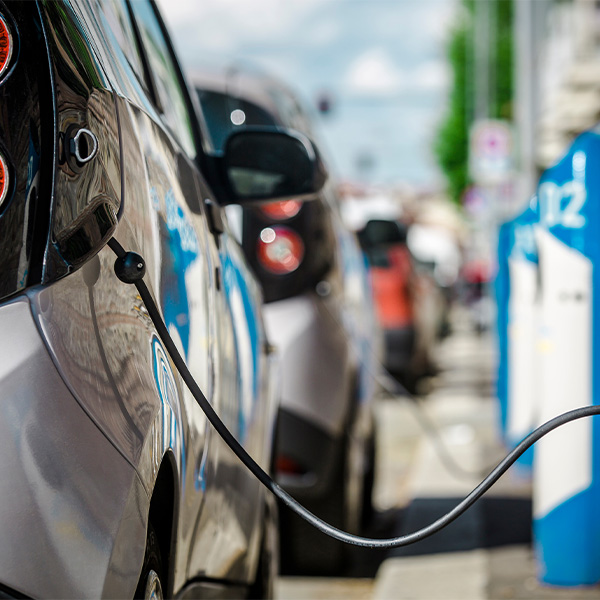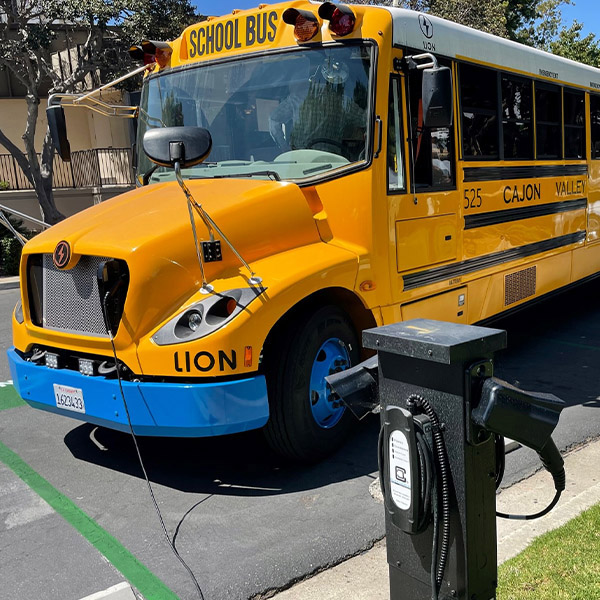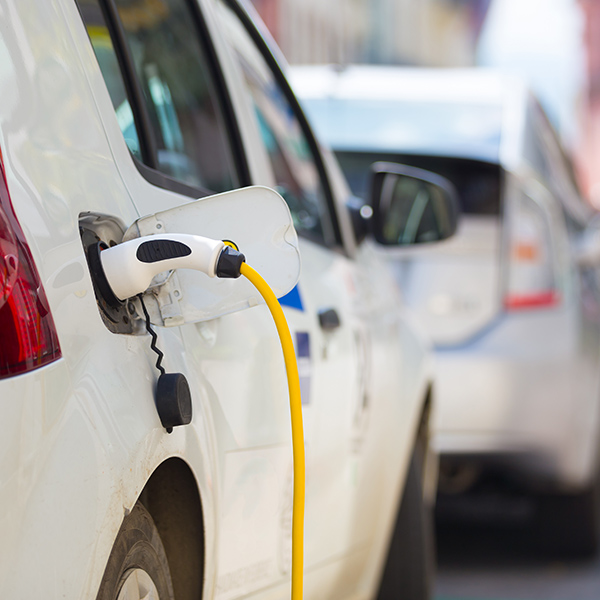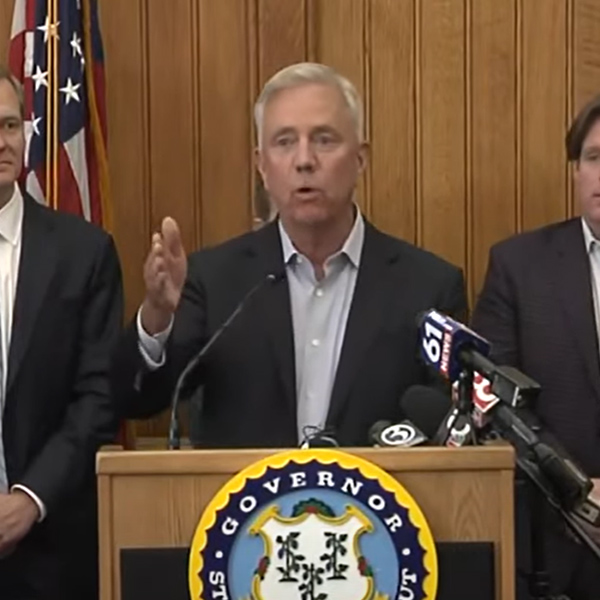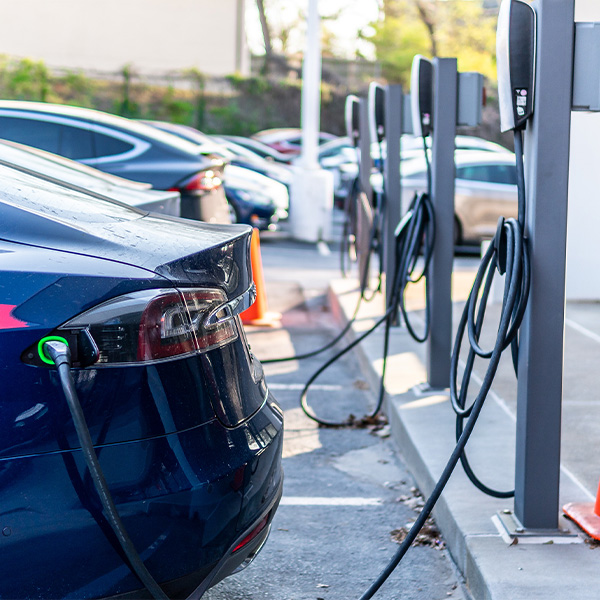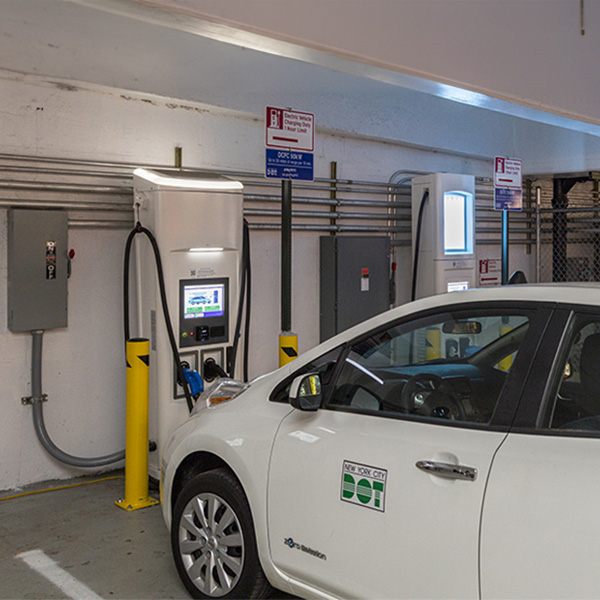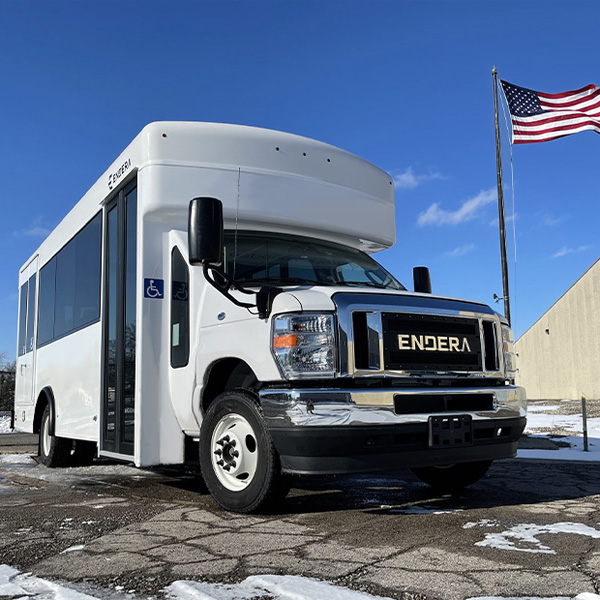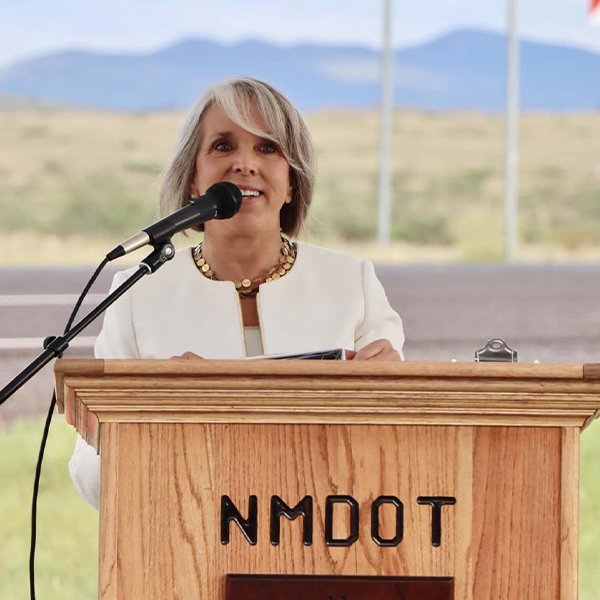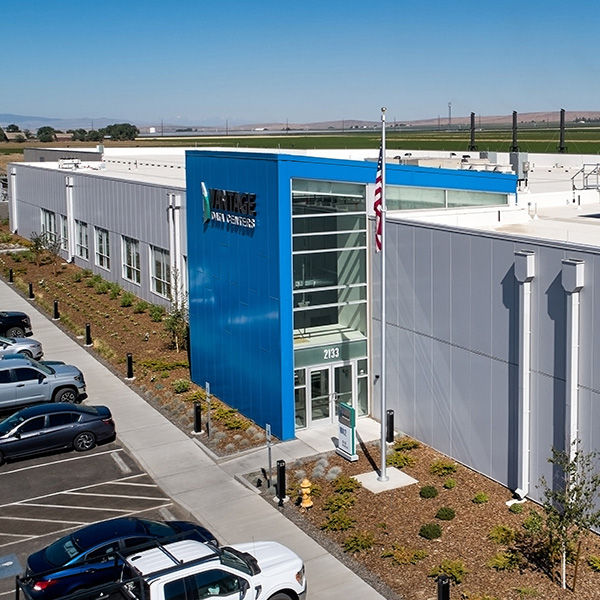Electric vehicles (EVs)
The bill seeks to accelerate the installation of direct current fast chargers by giving commercial charger operators a break on rates.
New Jersey would allocate $15 million from the current state budget for the first year of the state’s electric school bus program.
As U.S. automakers pull back on plans to invest heavily in electric vehicles, claiming sales are not growing as fast as expected, the Treasury Department and Internal Revenue Service issued new guidelines on the federal tax credits for EVs that could further slow sales.
Connecticut Gov. Ned Lamont withdrew regulations that would have required all new vehicles sold in the state to be non-emitting by 2035.
The Southern California region's supply could produce enough lithium to release the U.S. from its dependence on foreign sources of the key mineral, according to a new report.
New Jersey has adopted California's Advanced Clean Cars II rule, sparking relief from supporters who pushed for it to be ready for the 2027 model year.
New York regulators approved a big increase in EV infrastructure spending, seeking to catch up with the state’s ambitious deployment targets.
NJ Transit, the state's mass transit agency, will spend $3.8 million on 19 electric vans as the agency pushes for modernization.
Economist Ken Costello says EVs are better off without mandates or subsidies — so that they are forced to compete with gas-powered vehicles on their own.
EVs and data centers are expected to be major contributors to load growth, but each has unique challenges when it comes to load forecasting, speakers said during a WECC webinar.
Want more? Advanced Search
